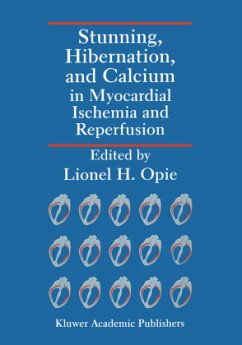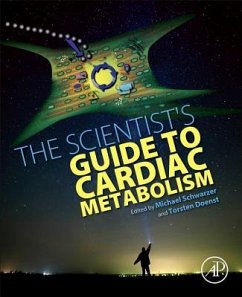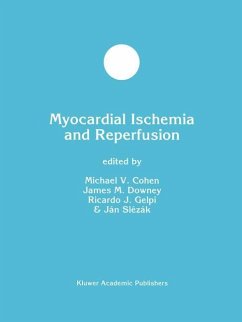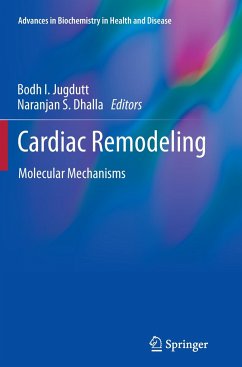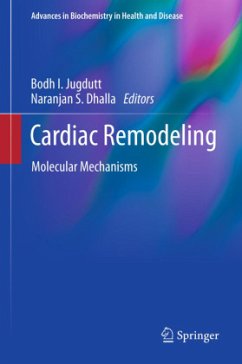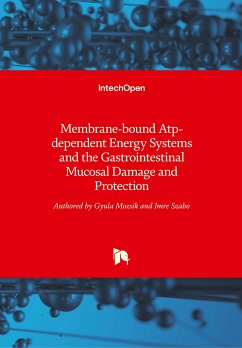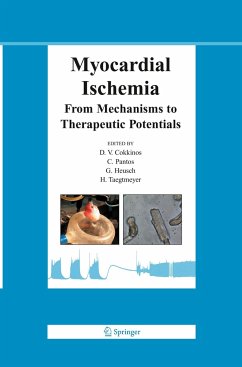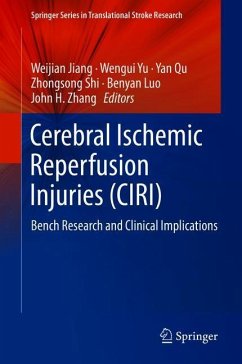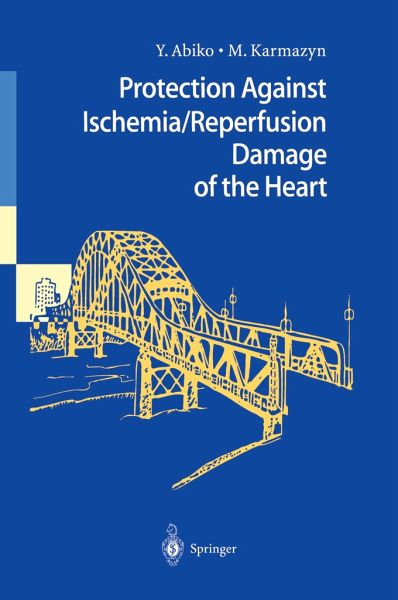
Protection Against Ischemia/Reperfusion Damage of the Heart
Versandkostenfrei!
Versandfertig in 1-2 Wochen
39,99 €
inkl. MwSt.

PAYBACK Punkte
20 °P sammeln!
How to protect against ischemia/reperfusion damage is one of the most urgent problems in medicine. It is known that ischemic damage can be attenuated by improving the oxygen balance of the ischemic heart, but the damage-producing mechanism is not yet fully understood. This book provides the latest information on the pathophysiology of ischemia/reperfusion damage and presents new ideas for more effective methods for protection. In the first two sections, the roles of such factors as various ions and phospholipids that modulate ischemia/reperfusion damage are explored, providing a clear and upda...
How to protect against ischemia/reperfusion damage is one of the most urgent problems in medicine. It is known that ischemic damage can be attenuated by improving the oxygen balance of the ischemic heart, but the damage-producing mechanism is not yet fully understood. This book provides the latest information on the pathophysiology of ischemia/reperfusion damage and presents new ideas for more effective methods for protection. In the first two sections, the roles of such factors as various ions and phospholipids that modulate ischemia/reperfusion damage are explored, providing a clear and updated explanation of the mechanisms involved. In the third section, the myocardial and vascular remodeling procedure in hearts that have undergone ischemia/reperfusion is explained in terms of signal transduction, enabling a new understanding of the remodeling process. In the final section, a new approach to protection against ischemia/reperfusion damage is presented.






